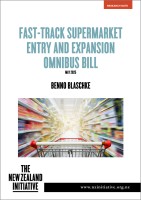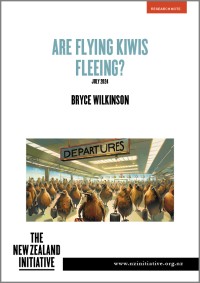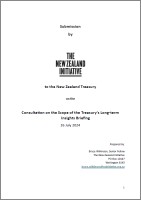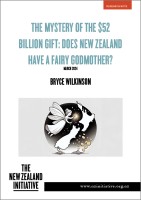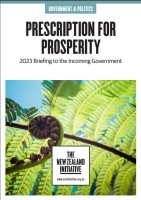Economic policy
New Zealand has a successful economy. International rankings regularly put us near the top for competitiveness, economic freedom, and ease of doing business.
At the same time, New Zealand’s per capita incomes trail those of other developed countries. Our productivity growth is anaemic. Our ability to attract high-quality international investment is limited and constrained.
New Zealand cannot rest on the laurels of past reforms. We must continue to improve our economic policy settings.
The New Zealand Initiative’s research includes analysis of regulatory and fiscal policy. We explore how incentives can promote economic development, and we investigate the social effects of economic policy.
Our research as also warned of the perils of loose monetary policy and detailed how central banks have increasingly become occupied with non-core business.
